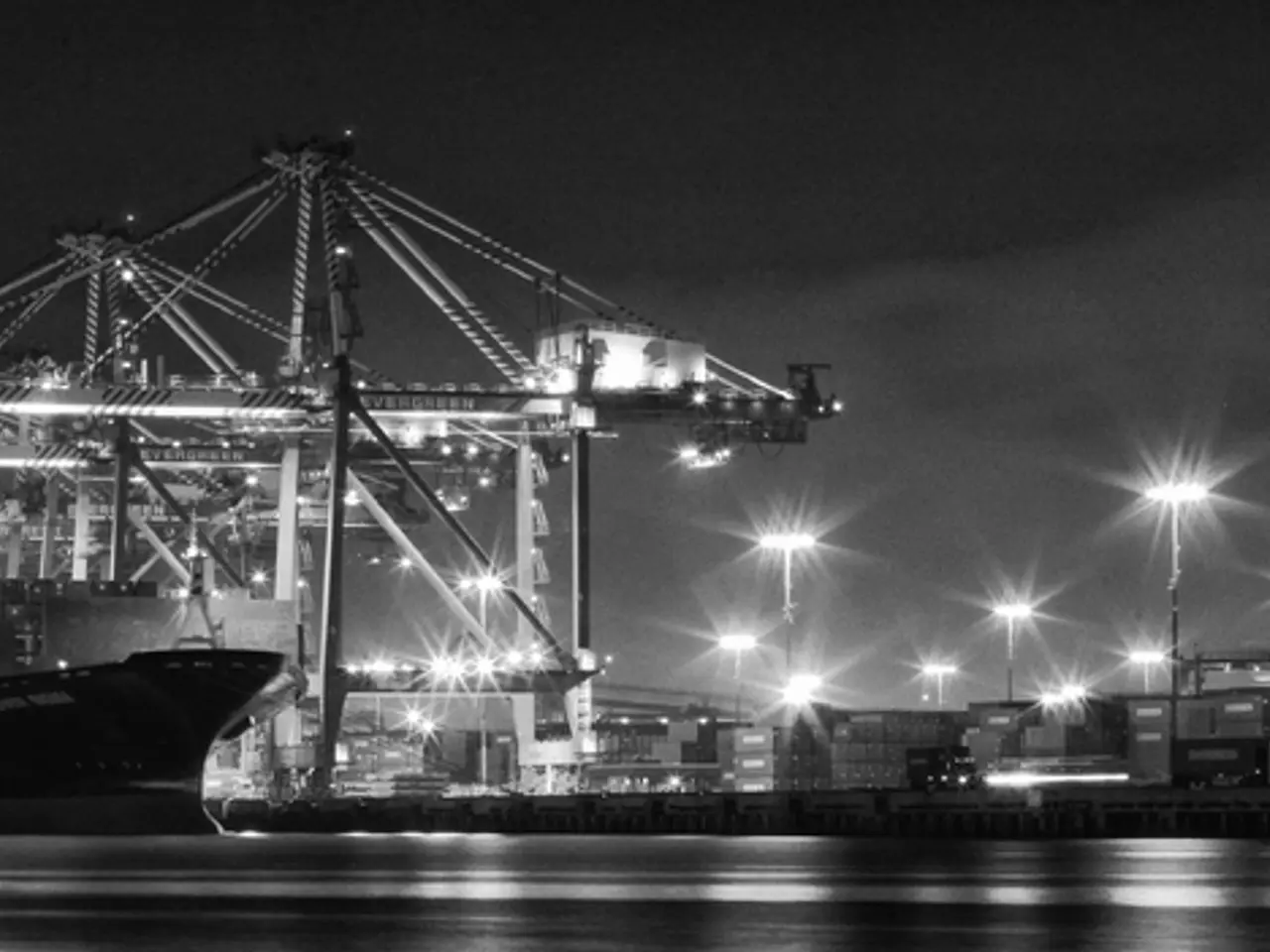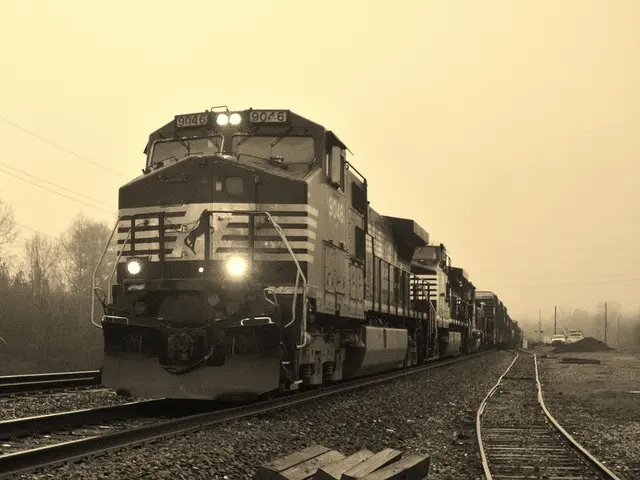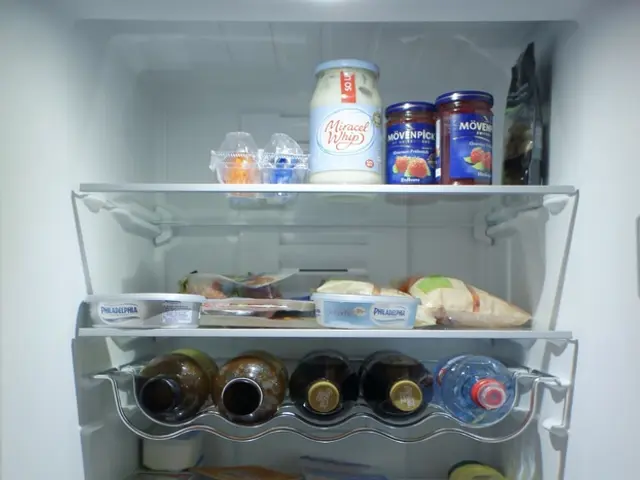Thyssenkrupp Benefits from Domestic Steel Favor, Navigates EU Import Rules
German politics is showing favor towards domestic steel production, initially benefiting Thyssenkrupp. Meanwhile, discussions in Brussels about tightening steel import rules have made the political environment more complex for the company's shares.
Thyssenkrupp's financial health is crucial for its modernization plans. Improved sales prices in Europe and reduced import pressure could boost margins, but the transition to 'green steel' still demands capital and discipline. For the company's share, operational excellence is now key, including efficient plant utilization, reliable supply chains, and strict cost control, especially for energy and raw materials.
Stricter steel import quotas or tariffs could ease the pressure on domestic producers like Thyssenkrupp by reducing cheap imports. Political statements about steel production can provide planning security, potentially increasing orders in mechanical engineering, infrastructure, and energy projects. Clear framework conditions, order situation, and time plans can lower the discount often associated with cyclical titles like Thyssenkrupp's share.
While the former ThyssenKrupp elevator division, now TK Elevator, prepares for an IPO, it does not directly impact Thyssenkrupp's results. Thyssenkrupp's share is a lever on Europe's steel agenda. The outlook improves if clear rules and solid execution come together, visible in order intake, margins, and market trust.








